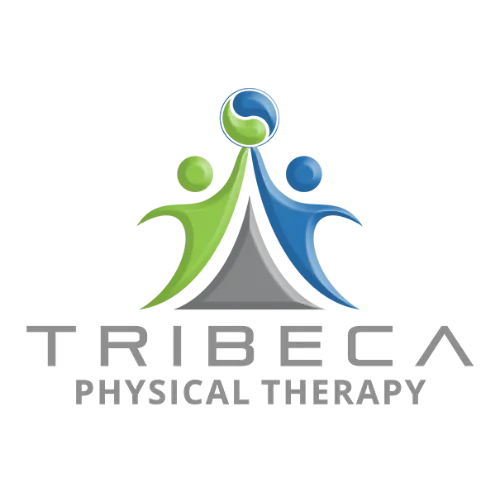The first thought of some when they hear the word “core” would be all about the abdomen, or stomach muscles for some. Core muscles run through the entire length of our torso, from the hips to the shoulders. When these muscles contract, they stabilize the spine, pelvis, and shoulder girdle to create a solid support. These muscles are responsible for keeping us standing upright and moving on our two feet, in shifting our weight, or any movement for that matter.
When we move, we depend on muscles to hold us steady and to move us when we need to. Core stabilization helps us in our balance. Core stabilization is for everyone, even professional athletes. Exercises involved in core stabilization can be part of a conditioning program, along with flexibility, strength, and aerobic training.
Core stability exercises have been around for some time now and are gaining more attention especially in rehabilitation, but many people forget why it’s essential. I think that’s why Physical therapists nowadays are always pointing out how important and the influence it has on weaknesses in the core of the body specifically on the lower extremity mechanics and performance . Medically speaking, core stability is the term used for how muscles of your trunk keep your spine and body stable. It is also meant to maintain balance and control over your spine and pelvic region during movement. In Physical Therapy, core stabilization is the activation of trunk muscles to create a stable base of support to allow patients to move their arms and legs.
What are the benefits of a good core strength?
If you have a strong core, it improves postural imbalances such as scoliosis. For some athletes , it helps in improving their athletic performances, and most of all it reduces back pain and also prevents injuries.
Exercises to Build that Core Strength
If you’re going to Google it, there are thousands of results that you’ll get when it comes to exercises for core stabilization. However , it’s still good advice to have yourself evaluated by a Physical Therapy. Why? Because there are core strength exercises for beginners and advanced.
But most Physical Therapists would likely concentrate on the torso. Most Physical Therapy exercises for core stabilization would start with the Abdominal Bracing where you try to pull your navel in toward your spine without holding your breath.
Also, most core stabilization exercises don’t need equipment which is great when you want to do it at home. Some of them are:
Basic Push Up – excellent for building upper body and core strength
- Position yourself face down with hands under shoulders and on balls of feet
- Tighten your stomach muscles and bend elbows to lower your chest towards the ground.
- Keep your neck in neutral by gazing towards the floor. Straighten elbows to complete one repetition. Do not let hips sag to the floor.
Planks– an abdominal exercise that also strengthens our core
- Position yourself face down on hands and balls of feet
- Straighten your arms
- Tighten your stomach muscles and lift your hips to form a straight line from head to toe.
- Hold that position for 15-30 seconds and Don’t let your hips sag to the floor.
Bridging– a fundamental core-stability and gluteal-strengthening exercise that is also common for athletes.
- Lay face up on a flat surface, knees bent and arms by sides.
- Slowly raise buttocks and hips, keeping stomach tight
- Slowly lower hips again, this completes one repetition.
- There are more core stabilization exercises but some of them would need the supervision of your Physical Therapy. Balance and strength go hand in hand when it comes to your health. Before doing any of this, regardless if it’s a basic move or advanced, have yourself evaluated first for the sake of your safety.
REFERENCES:
http://www.bonsecoursinmotion.com/the-importance-of-core-stabilization-exercises/
https://www.ncbi.nlm.nih.gov/pmc/articles/PMC5648929/
https://www.nationwidechildrens.org/family-resources-education/700childrens/2018/07/core-stability


